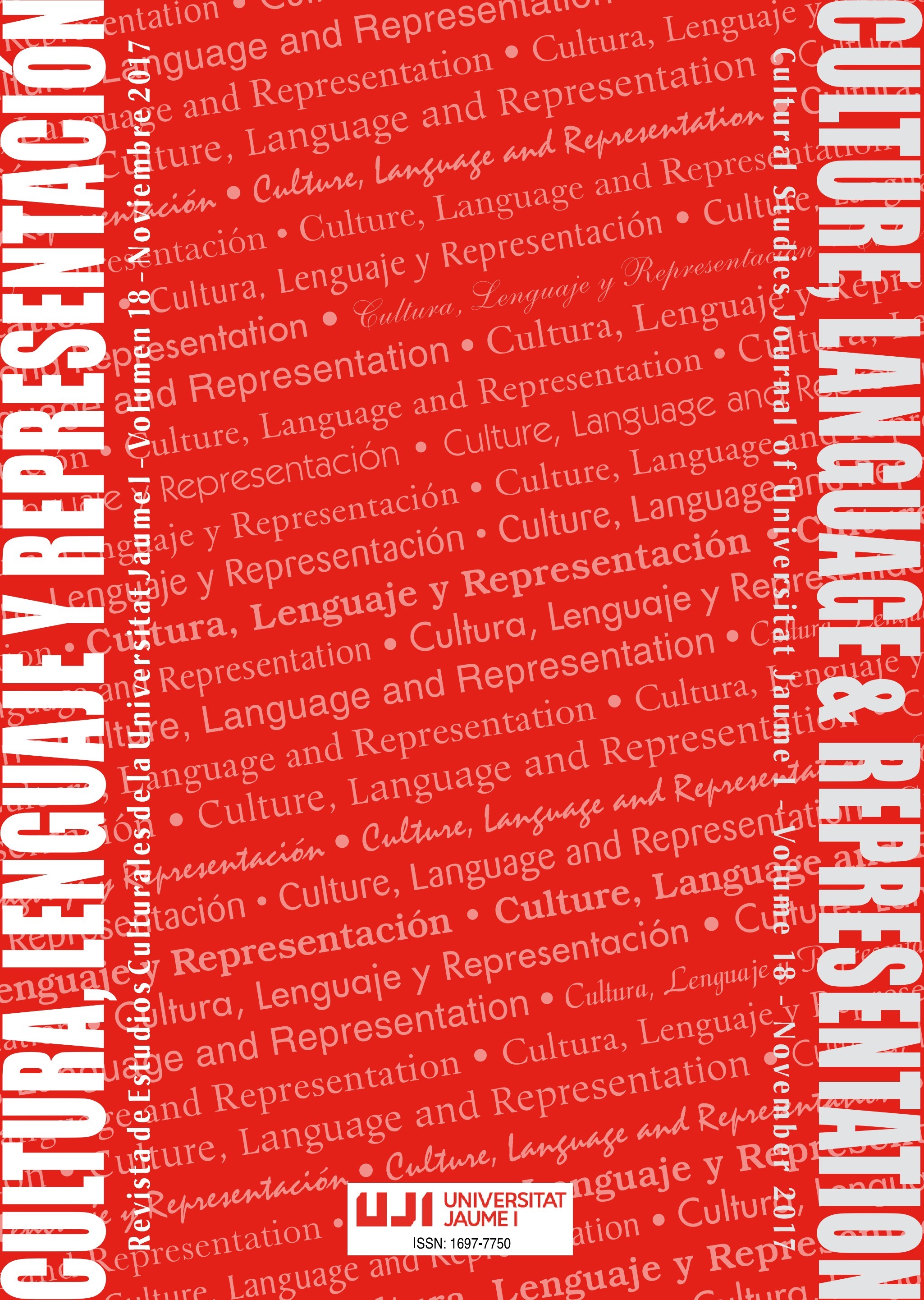New Brand Management Scenarios on the Spanish Market
Main Article Content
Abstract
Los cambios profundos que han impactado sobre el mercado de la comunicación y la gestión de marca en los albores del siglo xxi han llevado a hablar de la aparición de un nuevo paradigma. Ese cambio sustancial, que transforma las relaciones tradicionales entre emisores y receptores, reclama una redefinición de los escenarios profesionales, de los agentes de la comunicación, así como de los receptores, a la hora de relacionarse con la información y con las marcas. El presente estudio se realizó en el mercado español, prestando especial atención a los procesos de creación y gestión de contenidos, a través de una investigación cualitativa que combina tres técnicas –Delphi a expertos del mundo de los medios, marketing y publicidad; grupos de discusión con expertos en comunicación, marcas y medios, y entrevistas en profundidad a usuarios avanzados en nuevas tecnologías. El objetivo principal de este artículo es mostrar una visión panorámica sobre el discurso de las marcas tanto de producto como corporativas, así como clarificar qué esperan y cómo reciben los públicos de interés estas comunicaciones. Los principales hallazgos señalan una gran conciencia de cambio de los principales agentes, así como una percepción de protagonismo por parte de los públicos, que han acabado por asumir que la construcción de marca los afecta personalmente.
Far-reaching changes that affected the communication and brand management market at the dawn of the 21st century led to talks about the birth of a new paradigm. This significant change, which transformed relationships between senders and receivers, demands a redefinition of scenarios for professionals and communication agents, as well as for receivers taking an interest in the information and brands.
This study was carried out on the Spanish market, focusing largely on the creation and management of content through qualitative research combining three methods - Delphi for media, marketing and advertising experts, discussion groups with communication, branding and media experts, and in-depth interviews for advanced users of new technologies. The main objective of this article is to provide a panoramic view of brand discourse for both products and companies, in addition to clarifying what public interest groups expect and how they receive such communications. The main findings show that the principal agents are very aware of this change, and that the interest groups see themselves as protagonists and have accepted the fact that brand building affects them personally.
Downloads
Article Details
An open-access CREATIVE COMMONS copyright license is used. Those authors whose works are published by this journal, accept the following terms:
- Authors will retain their copyright and guarantee the Journal the right to first publish their work, which will simultaneously be subject to the Creative Commons Recognition License CC BY SA that allows third parties to share the work, provided that its author and first publication is indicated.
- Authors may adopt other non-exclusive license agreements for the distribution of the published version of the work (e.g., deposit it in an institutional telematics file or publish it in a monographic volume) provided that the initial publication in this journal is indicated.
- Authors are allowed and recommended to disseminate their work over the Internet (e.g. in institutional telematics files or on their website) before and during the submission process, which can produce interesting exchanges and increase quotes of the published work.


